Project Components
Component 1 – Improved IWRM Protocols
Stakeholders highlighted the lack of coordination between sectors for water governance as significant challenges throughout the Transboundary Diagnostic Analysis (TDA), the National IWRM Plans, and Strategic Action Program (SAP) development. These challenges include lack of coordination and notification between sectors, lack of information sharing, lack of harmonized planning at the sector level, and lack of mechanisms to support collaboration at the national and regional levels. 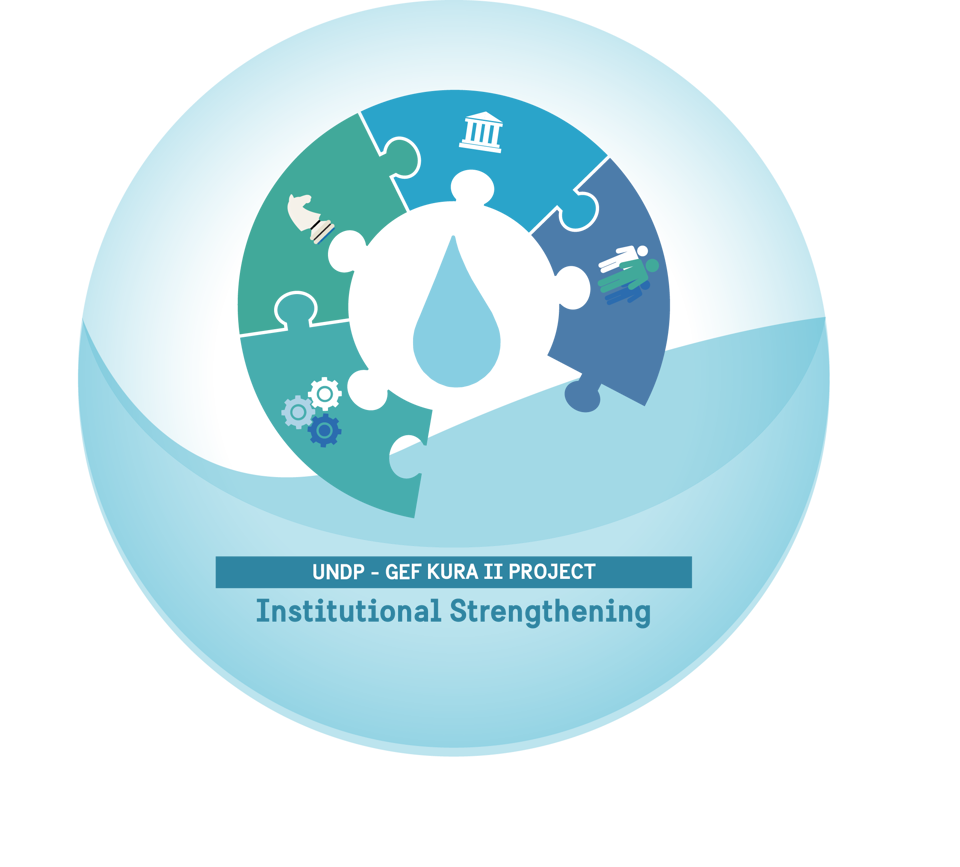 The root causes of lack of effective planning for water resources lack of ability to prioritize water resources management, and low levels of harmonization of sectoral plans and approaches have limited improvements in water management across the basin. Both countries are eager to improve this.
The root causes of lack of effective planning for water resources lack of ability to prioritize water resources management, and low levels of harmonization of sectoral plans and approaches have limited improvements in water management across the basin. Both countries are eager to improve this.
Both Azerbaijan and Georgia are working to align their water management practices and protocols with those of the EU WFD. The Kura II Project is dedicated to supporting this alignment with the EU WFD and international best practices for transboundary water management. Addressing these and other root causes will become critical to overcome the institutional hurdles which serve as barriers to modernizing water management practices at the national and regional levels. It is now widely recognized and accepted that, there is a need to review, clarify, expand and/or harmonize institutional and organizational mandates, and associated policies and legal frameworks.
This component will strengthen the framework for the implementation of IWRM, by supporting the harmonization of legal, institutional and regulatory protocols within and between countries for more effective governance of the shared river system and its water resources for strengthened water/food/energy/environmental security in line with pending bilateral agreement under negotiation on Cooperation in the Field of Protection and Sustainable Use of the Water Resources of the Kura River Basin.
Component 2 – Strengthening IWRM Professional Capacity
During the development of the Strategic Action Program (SAP), Transboundary Diagnostic Analysis (TDA) and national IWRM plans for Azerbaijan and Georgia, stakeholders consistently identified increasing capacity of water management as a top priority need. Across the region there is a very high level of discipline specific capacity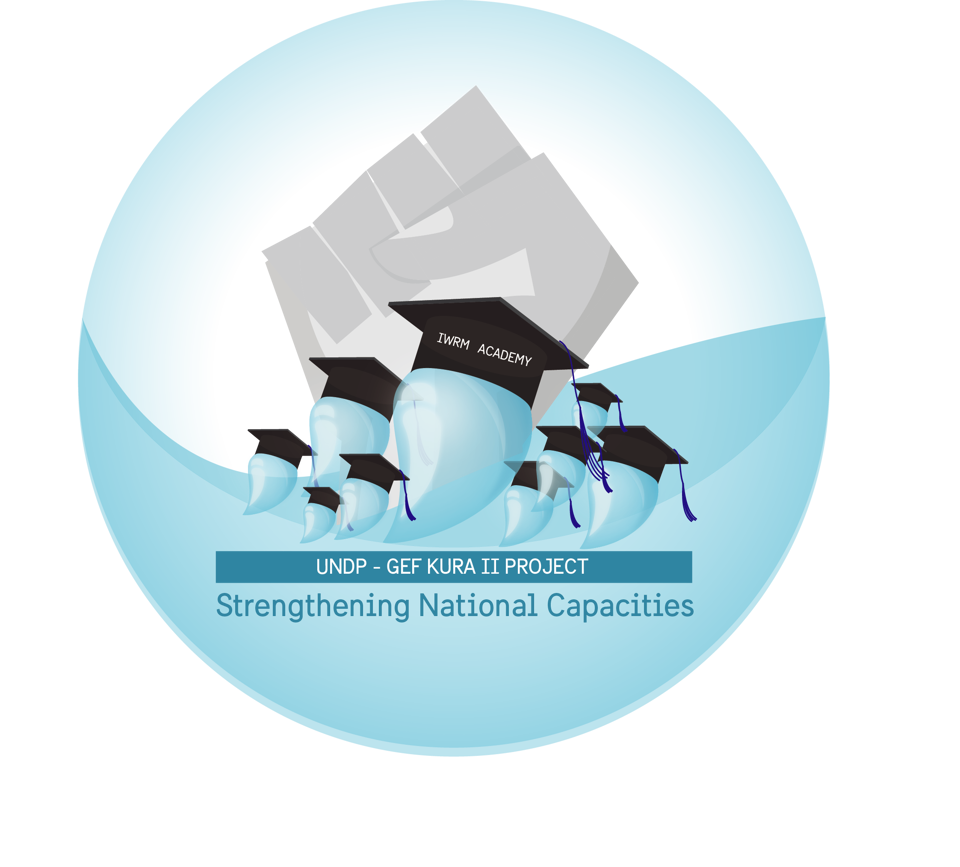 in water management but there is a lack of integrated and interdisciplinary approaches and applications. Meeting this need to integrate approaches is now critical to successful IWRM application. In order to most effectively catalyze the SAP implementation, it is crucial that the countries have strong integrated professional capacities to modernized water resource management in line with national and regional commitments.
in water management but there is a lack of integrated and interdisciplinary approaches and applications. Meeting this need to integrate approaches is now critical to successful IWRM application. In order to most effectively catalyze the SAP implementation, it is crucial that the countries have strong integrated professional capacities to modernized water resource management in line with national and regional commitments.
In the previous phase of the UNDP-GEF Kura Aras project, a capacity needs assessment on the anticipated opportunities for professional IWRM trained managers was conducted. This study revealed an increasing number of positions for professional water resource managers especially for those with experience in IWRM. Additionally, those who were currently working in the field have stated they feel the need for increased professional development opportunities and training in line with their current and pending responsibilities. In order to most effectively implement SAP at the national and regional level it is critical that trainings on water management are harmonized and professional development opportunities are shared based on common core curriculums. Capacity building efforts in this component to will be closely linked with other outputs and activities based on subject matter and opportunities for cross linkages through professional development.
Component 3 – Stress Reduction in Critical Areas
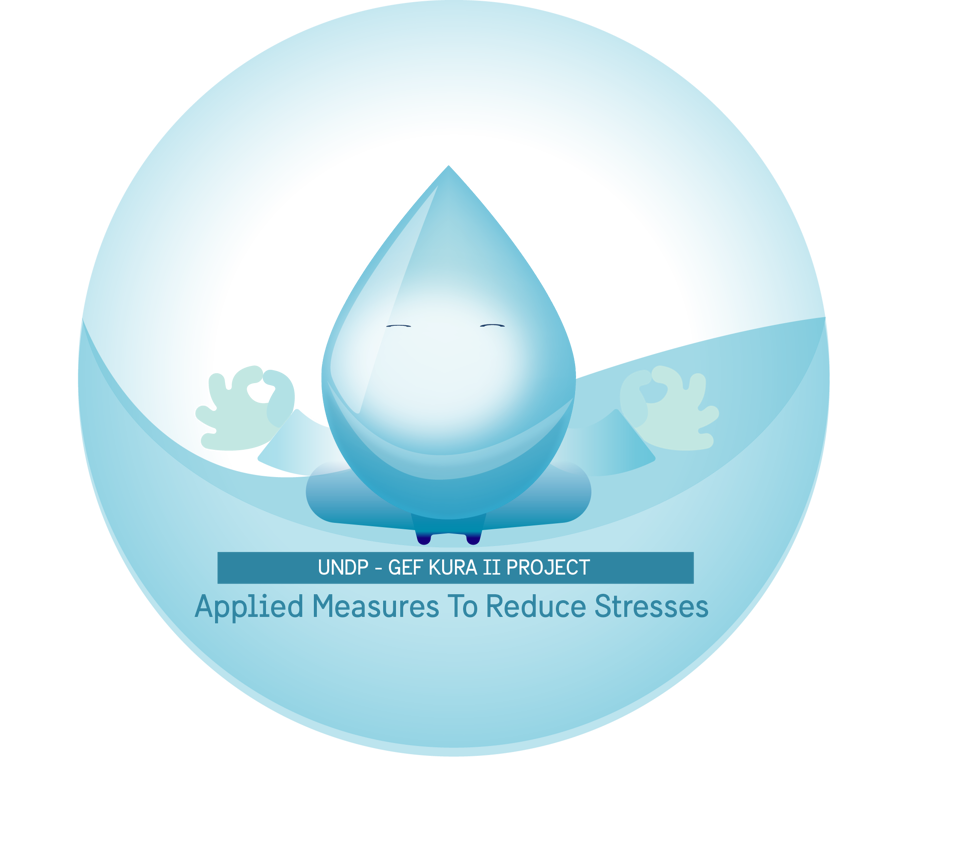 In both Azerbaijan and Georgia there have been significant numbers of regional and national level projects focused on improving water management. The Transboundary Diagnostic Analysis (TDA) showed that the river ecosystem has been significantly altered by human activities and is increasingly degraded. Previous projects have focused on institutional and process measures to improve monitoring and management. At the national level governments are taking steps to improve conditions through investment in wastewater treatment and improved rational use of water, and coordination with other key stakeholders. The benefits of these efforts are clear. Additional efforts need to be made to demonstrate improvements and stress reduction measures in critical areas to improve ecosystem functions for up-scaling nationally, regionally and internationally.
In both Azerbaijan and Georgia there have been significant numbers of regional and national level projects focused on improving water management. The Transboundary Diagnostic Analysis (TDA) showed that the river ecosystem has been significantly altered by human activities and is increasingly degraded. Previous projects have focused on institutional and process measures to improve monitoring and management. At the national level governments are taking steps to improve conditions through investment in wastewater treatment and improved rational use of water, and coordination with other key stakeholders. The benefits of these efforts are clear. Additional efforts need to be made to demonstrate improvements and stress reduction measures in critical areas to improve ecosystem functions for up-scaling nationally, regionally and internationally.
This component will feature a series of ecosystem stress reduction measures to be tested and replicated for to improve healthy ecosystem functions. In cases where linkages can be built with other ongoing national and regional efforts these will be sought out and further developed to maximize impacts. It will showcase demonstrations through small scale projects to reduce stressors on water, with the intention to upscale these and attract investments in larger scale solutions to address the challenges of ecosystem degradation for transboundary benefits.
Component 4 – Targeted Education & Stakeholder Engagement
Integrated water resource management requires educated stakeholders who are empowered at the local, national and regional level to support agreed basin wide activities. In the SAP Azerbaijan and Georgia articulated the need to empower stakeholders in order to increase benefits and ownership of improved water resources management. In the previous phase of the UNDP-GEF Kura Aras project stakeholder involvement focused extensively on the development of a common IWRM Masters curriculum for major universities in the basin. Baku State University has approved the curriculum and will begin recruiting students for classes starting autumn 2016. Tbilisi State University is close to finalizing all approvals, it is anticipated that courses will start within the scope of the upcoming project. This component will build upon that and other efforts to involve stakeholders in water resource management in line with the EU Water Framework Directive (WFD). The targeted education and stakeholder involvement efforts are designed to support and benefit SAP implementation. It will empower stakeholder to play an active and innovative role in IWRM implementation from a wide range of perspectives. By building awareness of the challenges, and turning to stakeholders for possible solutions, ownership of these solutions will be enhanced, and the potential for low cost initiatives leading to sustainable results increased.
Component 5 – Improved Science for Governance
Component five addresses critical urgent needs identified within the Transboundary Diagnostic Analysis (TDA), National IWRM plans, and regional Strategic Action Program (SAP): The need to make scientific information accessible for improved governance for balanced and sustainable water management is critical internationally and within the Kura River basin. Monitoring agencies collect information however this information is not readily accessible and presented in a format that supports environmentally beneficial decision-making across sectors. Further information exchange within countries and between needs to be facilitated to support long-term beneficial cooperation.
This component is intended to access data collected 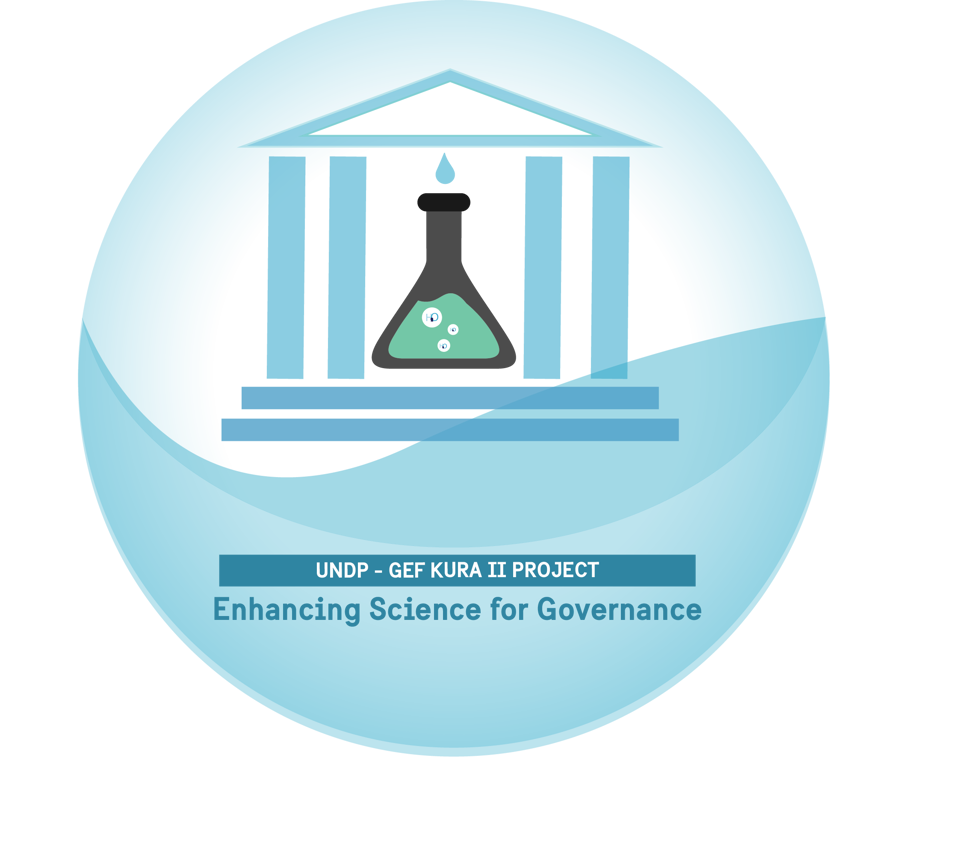 historically and by previous projects and develop systems that will enhance its use in the national and regional decision-making processes. The systems will modernize data on water resources river systems and its application for use across sectors. This includes modernized approaches for hydrological information, including conjunctive ground and surface water modeling, applying economic and social benefits and costs of water uses, creating a regional river ecosystem database to support decision-making at all levels and creation of protocols for a water resource information management, monitoring, data analysis and exchange.
historically and by previous projects and develop systems that will enhance its use in the national and regional decision-making processes. The systems will modernize data on water resources river systems and its application for use across sectors. This includes modernized approaches for hydrological information, including conjunctive ground and surface water modeling, applying economic and social benefits and costs of water uses, creating a regional river ecosystem database to support decision-making at all levels and creation of protocols for a water resource information management, monitoring, data analysis and exchange.
Combined these efforts will significantly enhance the ability and capacities with in the countries and the basin to more effectively and sustainably use water resources. It will strengthen monitoring, data assessment and analysis systems in support of improved decision making, and increased exchange of comparable information and analyses between sectors and countries for improved and harmonized water resources management. This will increase applied water/food/energy/ecosystem security and climate change adaptation including conjunctive uses by increasing the empirical understanding of necessary decisions to be made to realize the shared benefits of cross sectoral coordination.




